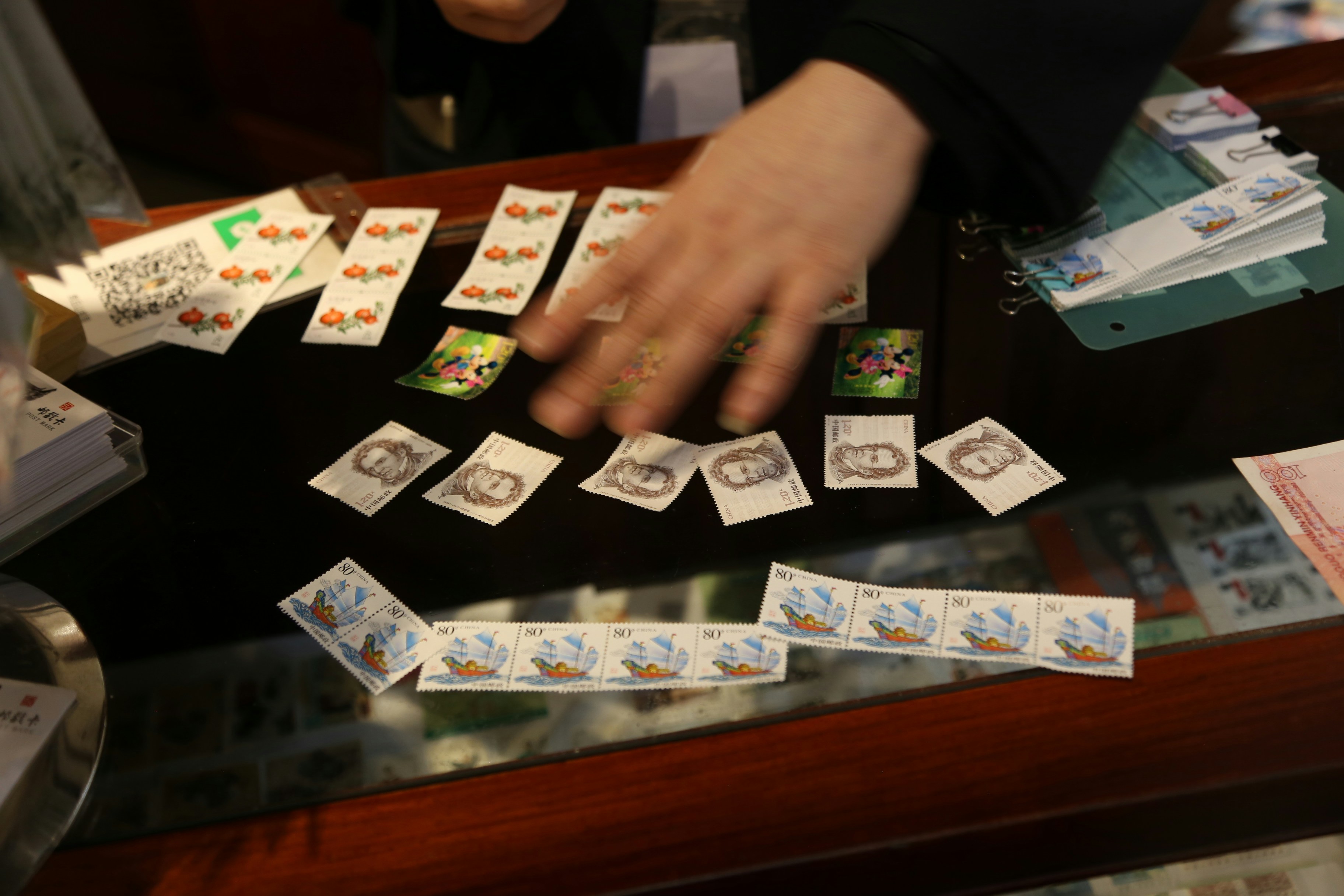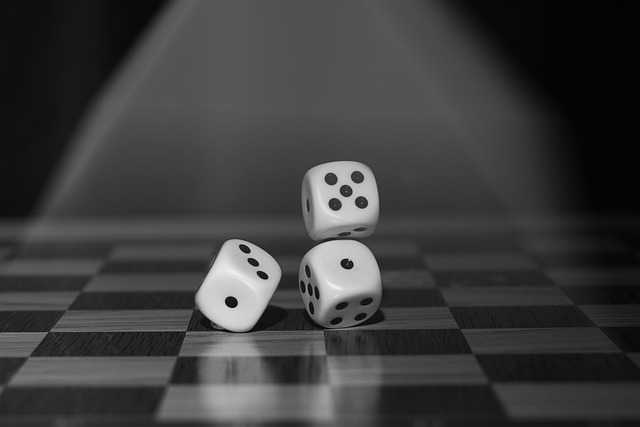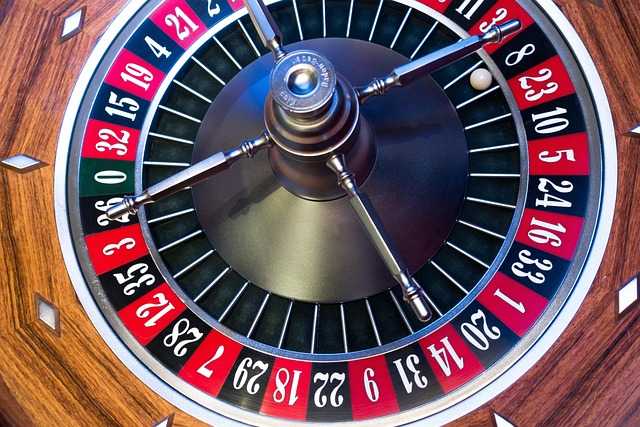How Belief Shapes the Betting Floor
In a place built on odds and house edges, luck still has the loudest voice. Walk through any modern casino and you’ll see players clutching rabbit’s feet, tapping the table twice for good fortune, or repeating the same pre roll routine like clockwork. Superstition isn’t outdated it’s part of the show.
Why does it persist? Because gambling isn’t just math. It’s tension, expectation, and hope all run through the human brain, which is wired to find patterns and meaning even where none exist. Belief offers players a sense of control in an uncontrolled environment. When the stakes feel high and chance rules the outcome, rituals feel like armor. Something to ground yourself with before the dice hit the felt.
This isn’t just personal quirks at play. Entire belief systems shape risk behavior. A person brought up with the idea that fortune is fated will approach a game differently than someone who sees outcomes as purely probabilistic. Culture plays a role too. In many East Asian cultures, the number 8 is a magnet for gamblers, while 4 can repel. In Western settings, lucky socks or blackjack rituals often stand in for deeper spiritual beliefs.
In short, belief doesn’t just color the casino experience it drives how players choose, bet, and persist. Superstition survives in sharp suits and glowing screens, not because it’s rational, but because it’s human.
Lucky Charms, Rituals, and Performance
In the gambling world, superstition isn’t just background noise it’s almost a side game. Walk through any casino and you’ll find players clutching rabbit’s feet, wearing the same red shirt for every visit, or placing bets only when the table number feels ‘right.’ Lucky numbers like 7 or 8, colors like red or gold, and deeply ingrained routines from tapping the machine to counting chips a certain way are hardwired into the culture.
But do these rituals actually change the odds? No. Not in the mathematical sense. Still, many gamblers swear by them. That’s because rituals create a sense of control in an environment built on chance. When the chips are down literally having something to believe in gives players a mental edge. That boost in confidence may not make the roulette ball land on red, but it can make a player more focused, more decisive, and less anxious at the table.
This perception of control isn’t just comforting it can tangibly affect performance. Studies in sports psychology show that belief in rituals often leads to better results, not because the superstition is magic, but because the mind is calmer and more focused. In high stress settings like gambling, that edge matters. The cards don’t know your lucky socks, but you might play a tighter hand if you feel like they do.
Superstition vs. Probability
Every gambler, at some point, hits the wall between logic and belief. You know the odds. You’ve played the math. But suddenly, you’re tapping the table three times because it “worked last time.” Welcome to the mental tug of war that defines much of gambling behavior.
Cognitive biases are part of the package. The gambler’s fallacy tells you that a slot machine is “due” for a win. Confirmation bias makes you remember the one time your lucky coin worked and forget the dozens it didn’t. Availability bias makes a vivid win feel more likely than it statistically is. These distortions can shift decisions away from strategy and toward blind hope.
Superstition doesn’t just live in rabbit’s feet and lucky socks. It can creep into gameplay in subtle ways: refusing to bet on certain numbers, changing tables after a “bad vibe,” or chasing losses because “I can feel it coming.” It starts small but builds momentum, often overriding otherwise rational impulses.
In a game where probability rules and even perfect strategy can’t guarantee outcomes, belief offers comfort. But unchecked, it also clouds judgment. Knowing how and when it interferes can be the first step in taking your power and your bankroll back.
Casinos Know What You Believe

Walk into any major casino and you’ll notice: nothing is random. Every light, scent, and table layout is deliberate. Superstition isn’t just something players bring with them it’s something the casino quietly co signs.
Table placement, for instance, isn’t just about floor space efficiency. High limit games sit deep inside the floor, past rows of ringing slots and near symbols associated with fate: mirrors, fountains, sometimes even gold colored decor. These aren’t aesthetic choices they’re cues aimed at reinforcing the sense that luck might live just around the next corner.
Ambient elements matter too. Casinos bathe players in upbeat music, dimmer lighting, and controlled temperature flows to break down time perception. But they also play with symbolic details red carpets (lucky in many cultures), circular routes (constant motion, no dead ends), and sometimes even specific music that evokes rituals or chance.
Then there’s the human element. Dealers might comment when someone seems to be on a streak. Pit bosses may lean in at just the right moment to say “that seat’s been hot tonight.” Whether it’s calculated or baked in, this behavior feeds into a gambler’s sense that something unseen and lucky is in play. It’s not deception it’s atmosphere, designed to nudge belief just enough to keep bets on the table.
Cultural Perspectives on Luck
When it comes to fate and fortune, East and West walk very different paths.
In many Eastern cultures, luck isn’t just random it’s a force you can align with by following cosmic rules, respecting ancestors, or simply choosing the right symbols. Red represents prosperity. The number 8, especially in Chinese culture, is tied to wealth because its pronunciation sounds like the word for “rich.” Dragons? Power, dominance, good fortune. These aren’t just designs they’re strategic allies at the slot machine and baccarat table.
In the West, luck tends to be more of a wildcard. You’re lucky or you’re not. Simple as that. Fate, if acknowledged at all, is assumed to be fickle or tied to hard work, not metaphysical harmony. Superstitions do exist like horseshoes, lucky socks, or rabbit’s feet but they’re more personal quirks than shared doctrines.
Religion adds another quiet layer. In some places, belief systems nudge gamblers toward moral reflection. In others, they’re embedded deep think rituals, mantras, or talismans blessed for good fortune. Even those who don’t consider themselves religious may light incense, perform quiet blessings, or adhere to timing rules tied to spiritual calendars before placing a bet.
These traditions shape how people think about luck at the tables not just what they believe happens, but why it happens and how to respond when it does.
Deeper Dive into Gambling Beliefs
Belief can be a powerful motivator sometimes more than logic. In gambling, research shows that rituals, lucky charms, and confidence boosting beliefs can actually improve short term performance. It’s not magic it’s mindset. When players believe they’re lucky, they tend to focus better, take more confident actions, and stay calmer under pressure. That state of mind can temporarily elevate their game.
But there’s a thin line between helpful superstition and harmful thinking. When belief turns into delusion like thinking a roulette wheel remembers past spins it warps strategy and fuels losses. Harmful superstitions can nudge players into risky behavior under the false hope of control or fate.
The key is balance. A pre game ritual that calms you down? No harm. Convinced your lucky socks can beat the house edge? That’s a problem.
To explore this topic further, see Gambling Beliefs.
Why It All Still Matters
Belief in superstition isn’t just background noise in gambling circles it’s central to how many players engage with the experience. While superstitions don’t alter game mechanics or probabilities, they do shape behaviors, emotions, and focus in meaningful ways.
Superstition Shapes the Player Experience
Even though games are designed with fixed rules and odds, players often build rituals and belief systems around chance:
Rubbing a lucky charm before placing a bet
Sitting in a “winning” seat or choosing the same machine or dealer
Avoiding certain numbers or colors based on personal or cultural associations
These behaviors don’t shift the house edge, but they influence how players feel and act during games. Beliefs can create a sense of control, boost confidence, and make the entire gambling experience more immersive.
Understanding Belief for Safer Gambling
Recognizing the role of superstition is key to promoting responsible gambling. While rituals can be harmless, unchecked belief in patterns or ‘luck streaks’ can quickly lead to risky behaviors.
By understanding how belief functions:
Industry professionals can better support player well being
Players can remain aware of when superstition crosses into harmful territory
Educators and researchers can use belief as a touchpoint for safer play messaging
Spotting Patterns, Empowering Players
Helping gamblers identify when they’re relying too much on superstition allows for more informed and controlled play. Awareness leads to clarity:
Are you betting more during a “feeling” of luck?
Do you chase losses because a turn of fortune feels “due”?
Is a ritual replacing strategy?
Answering these questions honestly can be the first step toward smarter decision making.
Learn More
Gain deeper insight into how superstition and belief systems affect gambling behavior:
Read the full article

 Elizabeth Garretinon is a talented and dedicated contributor at Spin Win Safely, where her passion for the online gambling industry shines through in her well-crafted and informative articles. While she is not the founder or chief editor, Elizabeth's contributions are vital to the platform's success, providing readers with valuable insights and practical advice.
Elizabeth specializes in writing detailed casino reviews, game strategies, and updates on the latest industry trends, ensuring that Spin Win Safely remains a trusted source of information for its audience. Her ability to present complex concepts in an accessible and engaging manner has made her a favorite among readers, who appreciate her clear and concise writing style.
Through her work, Elizabeth helps foster a culture of responsible gaming, encouraging players to make informed decisions and enjoy a safer gambling experience. Her dedication to excellence and commitment to the platform's mission make her an invaluable member of the Spin Win Safely team, contributing to the site's ongoing reputation as a leader in online gambling journalism.
Elizabeth Garretinon is a talented and dedicated contributor at Spin Win Safely, where her passion for the online gambling industry shines through in her well-crafted and informative articles. While she is not the founder or chief editor, Elizabeth's contributions are vital to the platform's success, providing readers with valuable insights and practical advice.
Elizabeth specializes in writing detailed casino reviews, game strategies, and updates on the latest industry trends, ensuring that Spin Win Safely remains a trusted source of information for its audience. Her ability to present complex concepts in an accessible and engaging manner has made her a favorite among readers, who appreciate her clear and concise writing style.
Through her work, Elizabeth helps foster a culture of responsible gaming, encouraging players to make informed decisions and enjoy a safer gambling experience. Her dedication to excellence and commitment to the platform's mission make her an invaluable member of the Spin Win Safely team, contributing to the site's ongoing reputation as a leader in online gambling journalism.
